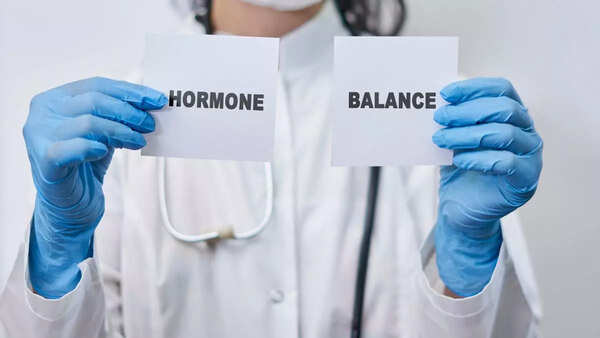Breast cancer is a major health concern for women around the world. Early detection is necessary for successful therapy, and understanding your body’s hormonal changes can provide valuable signs. Hormones such as oestrogen, progesterone, and even testosterone play an important part in controlling breast tissue. However, when these hormones depart from their typical rhythms, they can indicate the start of breast cancer. Here are 5 times when hormone variations could be warning indicators.
The rising cases of metastatic breast cancer among younger women in India underline the critical need for a personalized approach to care and treatment decisions. The process should be collaborative, considering not just the biology of the tumor but also the patient’s personal goals and values. Open communication with the doctor empowers patients to make informed choices, whether prioritizing advanced treatments to extend life or focusing on quality of life through symptom management. As doctors, our role is to guide them through this journey with compassion, ensuring they feel supported every step of the way.
Dr Amit Bapna, Senior consultant, Globe cancer care, Lucknow
Unusual hormonal swings during menstrual cycles
The menstrual cycle naturally brings hormonal changes, but persistent or extreme fluctuations could be a red flag. If you notice intense breast tenderness, swelling, or lumps that don’t subside after your period, it might be worth consulting a doctor. Elevated estrogen levels for prolonged periods can stimulate abnormal cell growth in breast tissue, increasing the risk of cancer.
Early menstruation or late menopause
Women who start menstruating before the age of 12 or experience menopause after 55 have prolonged exposure to estrogen. This extended hormonal activity may heighten the likelihood of atypical cell growth in the breasts, potentially leading to cancer. Tracking these milestones and discussing them with your doctor can help assess your risk.
Pregnancy and hormonal overload
During pregnancy, the body produces high levels of estrogen and progesterone to support the baby’s development. While this is normal, prolonged exposure to these elevated hormone levels may trigger the rapid growth of breast cells, some of which can turn malignant. If you notice persistent lumps or changes in breast texture during or after pregnancy, don’t ignore them.
Hormone replacement therapy (HRT)
Women undergoing HRT for menopause symptoms often receive synthetic estrogen and progesterone. While this helps alleviate menopausal discomfort, it can also disrupt the natural hormonal balance. Studies have shown that long-term use of HRT may increase the risk of breast cancer. It’s essential to weigh the pros and cons of HRT with your healthcare provider.
Hormonal imbalances beyond normal levels
Hormonal imbalances caused by conditions like polycystic ovary syndrome (PCOS) or thyroid dysfunction can also increase breast cancer risk. Elevated estrogen or testosterone levels beyond normal ranges can prompt abnormal breast cell growth. Routine hormone level checks and medical advice can help manage these risks.
I’m Manas Ranjan Sahoo: Founder of “Webtirety Software”. I’m a Full-time Software Professional and an aspiring entrepreneur, dedicated to growing this platform as large as possible. I love to Write Blogs on Software, Mobile applications, Web Technology, eCommerce, SEO, and about My experience with Life.




